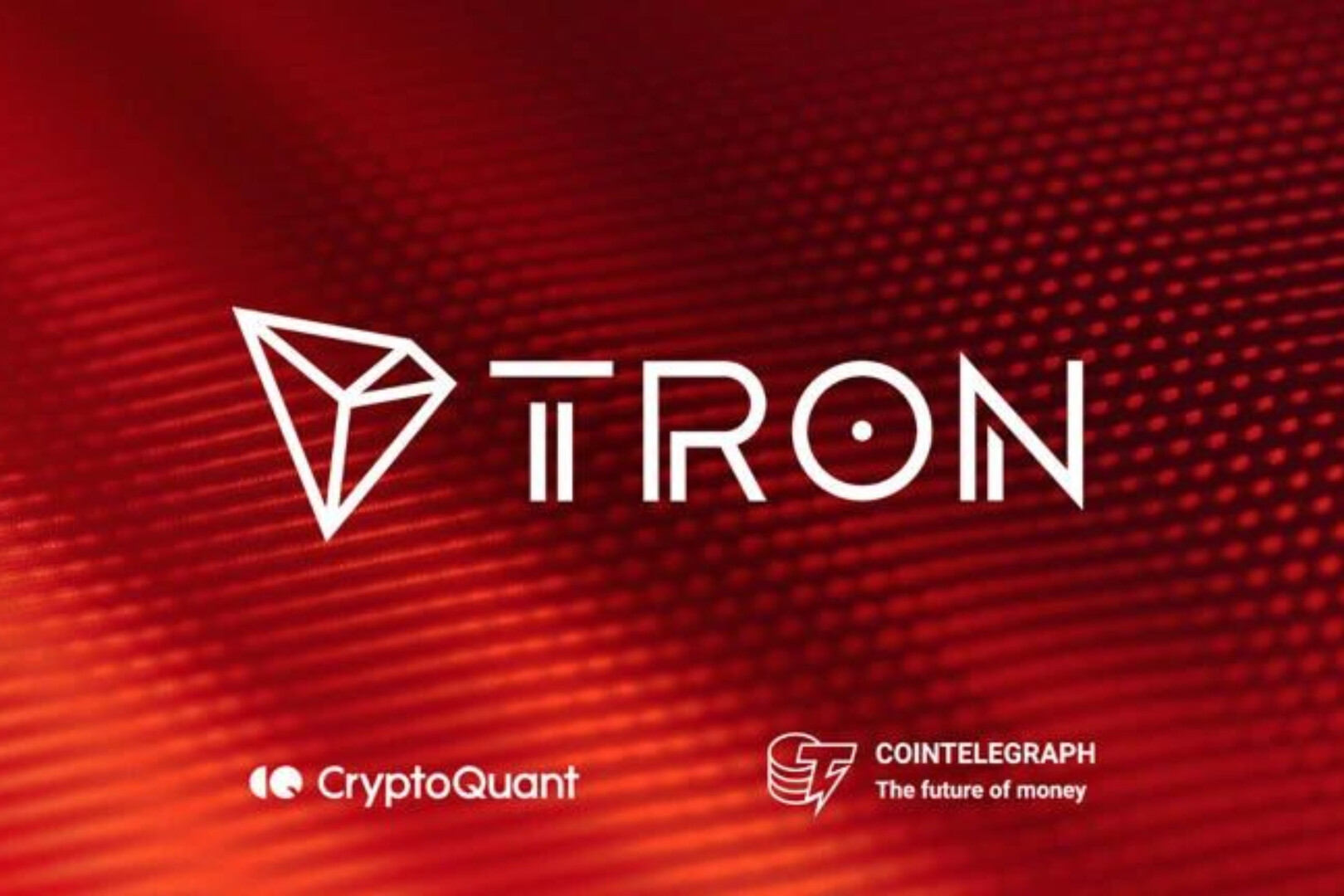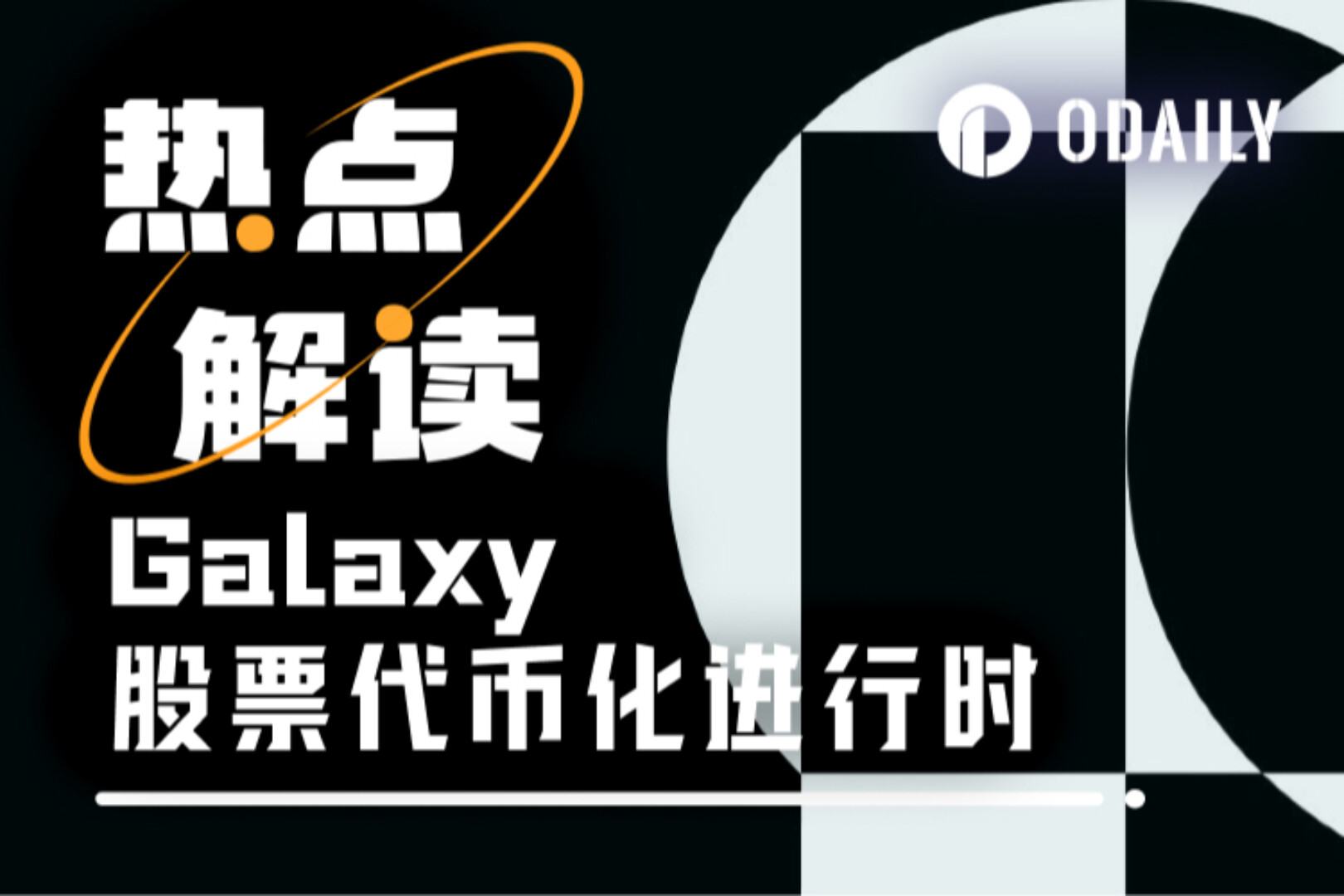secondary title
Microsoft Yahei, STHeiti,
The Internet has a history of nearly 50 years since the birth of the TCP/IP protocol in 1974. The anonymity of the Internet that was once advertised has become vulnerable under the complete development of today's regulatory system and infrastructure.
Bitcoin's white paper
The privacy feature (Privacy) mentioned in [1] can only ensure that there is no binding relationship between the user's real identity and the address to complete the transfer on the chain. However, as cryptocurrencies and exchanges are gradually becoming compliant, identity verification (Know Your Customer, KYC) has become an essential link in most cryptocurrency-to-fiat trading scenarios.
Furthermore, in order to ensure the absolute safety of the source of funds in the process of cryptocurrency-to-fiat currency transactions, both parties to the transaction even hope that the other party can participate in the transaction in the form of real names. As a result, the privacy features of cryptocurrencies are gradually breaking down.
But in reality, the need for privacy in the cryptocurrency world continues to grow. The scale of KYC data stored in cryptocurrency exchanges has increased exponentially, but data security solutions have not been iterated in time. However, due to the high value of KYC data units, it has inevitably become one of the main targets of hacker attacks. So far, user data of many exchanges have been leaked to varying degrees.
Therefore, the privacy of cryptocurrencies will also become an indispensable piece of the puzzle in the encrypted world.
Therefore, a project based on Ethereum (or other public chains capable of running smart contracts) with private transaction features has become a rigid demand in the market, and Tornado Cash came into being.
secondary title
Microsoft Yahei, STHeiti,
Tornado Cash is a private transaction middleware implemented on Ethereum based on zero-knowledge proof. It uses zk-SNARK (Zero-Knowledge Succinct Non-Interactive Argument of Knowledge) to send ETH and ERC20 tokens (currently supports DAI, cDAI, USDC, USDT, WBTC) to any address in an untraceable manner.
according toDune Analytics【3】It shows that there are currently 156,000 ETH and 165 million US dollars in Tornado Cash's mixed currency pool, which has the largest privacy asset pool on the blockchain. At present, more than 12,000 independent addresses have performed about 48,000 deposits into the protocol, and more than 17,000 independent addresses have withdrawn from the protocol, paying a total of more than $2 million in relay fees to the relay service.
secondary title
Microsoft Yahei, STHeiti,
03 Market Opportunities
Private transactions are an indispensable piece of the puzzle in the cryptocurrency world. During the transfer process, not all users are willing to disclose the source and whereabouts of their funds, but the characteristics of the blockchain lead to the complete exposure of the link between accounts. Tornado Cash, as an optional privacy component when users transfer funds on the Ethereum chain, solves the exposure of the relationship between addresses when transferring assets to the greatest extent. Here are a few examples to better illustrate the use cases of Tornado Cash:
When conducting cryptocurrency-to-fiat transactions, avoid the KYC process during the transaction by trading deposit certificates (rather than the cryptocurrency itself), and protect personal privacy to the greatest extent.
secondary title
Microsoft Yahei, STHeiti,
04 Competitive product analysis
Private transaction public chain
Monero and Zcash are two major players in the privacy coin space.
Monero uses Stealth Address and Ring Confidential Transactions (RingCT) technologies, which take into account both anonymity and transfer efficiency.
Zcash is the first cryptocurrency to use zk-SNARK (Zero-Knowledge Succinct Non-Interactive Argument of Knowledge). Tornado Cash also uses this technology as a security guarantee for private transactions.
However, the privacy coin public chain has the same problem, that is, it cannot add support for smart contracts on the premise of ensuring private transactions. Ekiden of Oasis Labs has tried this, but due to the immature product and lack of sufficient developer support, we think it will be difficult for it to have a strong influence in the future.
Ekiden of Oasis Labs has tried this, but due to the immature product and lack of sufficient developer support, we think it will be difficult for it to have a strong influence in the future;
Secret Network is also designing privacy calculations in general-purpose smart contracts. However, only on-chain exchanges are currently released on the chain, and the liquidity in the exchange is very scarce. At the same time, Secret Network needs to use Rust for development. However, the number of Rust developers is currently very small, and they are mainly concentrated in the Polkadot ecosystem.
A Privacy Scheme for the Ethereum Virtual Machine (EVM)There are few private transaction projects based on the Ethereum Virtual Machine (EVM), and there are three competing products of Tornado Cash, namely Typhoon Cash, Typhoon Network and Cyclone.Typhoon Cash is made by
Huang Licheng【4】
The endorsed project is set up on Ethereum and reuses most of Tornado Cash's codes. The total locked position is only tens of thousands of dollars. The last deposit occurred 3 months ago, and the relay service is completely provided by the official. There is a very strong single point of failure risk;
Typhoon Network is set up on the Binance Smart Chain (BSC), reusing most of the codes of Tornado Cash, the total lock-up volume is less than 40,000 US dollars, and the relay service is completely provided by the official, which has a very strong single point failure risk;
Cyclone is developed on the basis of Tornado Cash and deployed on Ethereum, Binance Smart Chain, and IoTeX. Additional on-chain base currencies (such as ETH, BNB, and IOTX) and governance token CYC are required to complete deposits, and users are required to Use CYC to pay for anonymous pool fees and relay fees. In addition, all relay facilities are directly provided by the official, which has a very strong single point of failure risk.
To sum up, Tornado Cash has no strong and original competitors for the time being.
secondary title
Microsoft Yahei, STHeiti,05 Token Economics【5】。
On December 18, 2020, Tornado Cash released $TORN as the governance token of Tornado Cash. For specific rules, please refer to
The token distribution ratio and release rules are shown in the figure below:【6】and
Tornado CashCommunity
【7】Successively propose and pass liquidity mining rewards to attract users to provide liquidity for the $TORN-$ETH trading pair.vfat[8])’s front-end access fully embodies the spirit of community autonomy.
secondary title
06 CommunityforumSince Tornado Cash's governance and iteration follow absolute decentralization, it has a good community atmosphere. In addition to the active Telegram and Discord communities, Tornado Cash's
forumBlank Wallet[10] Constructed a set of private wallets based on Tornado Cash's private deposit pool.
secondary title
Microsoft Yahei, STHeiti,
07 Governance
As a governance token, $TORN has governance capabilities that surpass other governance tokens. Since its establishment, Tornado Cash hopes that the project will be completely self-governed by the community. After May 2020, the Tornado Cash team will burn all the management rights of the deposit pool, and can no longer shut down the project operation. In December 2020, the governance token will be launched together with the governance contract, and all future governance proposals can only be initiated and executed through the governance contract.
Governance and development of traditional projects are separate efforts. Any individual or organization initiates a proposal, and users vote before entering the subsequent development process. The launch and deployment of proposals remains in the hands of the team that controls the private keys.
Different from traditional projects, users of Tornado Cash need to provide a complete solution when they initiate a proposal. All proposals need to be developed by the initiator in advance and deployed on the blockchain in the form of smart contracts for everyone to audit.
In order to initiate a proposal in the governance contract, the promoter needs to have more than 1,000 $TORN tokens, and point the proposal in the governance contract to the smart contract deployed on the blockchain. If the proposal is voted by enough $TORN tokens, anyone can call the execute() method to execute the executeProposal() function in the proposal to make the proposal formally take effect, and the rest of the contract deployment can be completed without additional private key signatures. Token distribution and other processes. Therefore, Tornado Cash may be the only project to achieve fully decentralized governance and development.Currently, a total of 6 community proposals have been completed.Currently, the communityis discussing[12] Added support for the algorithmic stablecoin Frax. It is believed that privacy components and decentralized stablecoins should complement each other. In addition, some people called for the project to implement multi-chain (Binance Smart Chain, Solana, etc.) deployment, but there were very few responses.
secondary title
Microsoft Yahei, STHeiti,
08 Security
Tornado Cash realizes the privacy of on-chain transactions at the contract level. However, the privacy of on-chain transactions is not all of Tornado Cash.In order to prevent problems such as server disconnection, inability to access websites in some countries, and some users who do not want to expose their access records to Internet Service Providers (ISPs), Tornado Cash has deployed an IPFS version of the front-end, and also provides a full set of front-end source code on GitHub , which is convenient for users to deploy by themselves;When using the relay service, the user will directly initiate a request to the relay node, so the user may expose his IP address to the relay node. Therefore, Tornado Cash recommends that all users initiate a request to the relay node through a VPN to protect their IP from being leaked. In addition, it also provides
Onion Routing (Tor)
Therefore, Tornado Cash can realize anonymous and stable access from users to the front-end of the webpage, the relay server and the contract. As the number of relay service providers continues to increase, the stability of the Tornado Cash service will be further improved.
secondary title
Microsoft Yahei, STHeiti,
09 Compliance risk
For Tornado Cash, how to ensure compliance and privacy at the same time is the most important issue to consider at the moment.
secondary title
Microsoft Yahei, STHeiti,
10 Conclusion
Tornado Cash is the largest privacy transaction middleware on Ethereum. Developers do not hold project administrator rights and insist on implementing community autonomy. On the one hand, it protects the security of the development team, and on the other hand, it allows the project to fully realize decentralized governance and development, can develop for a long time.image description
Note:
image description
[2] The IRS offers a reward of $625,000 to crack Monero: https://beta.sam.gov/opp/3b7875d5236b47f6a77f64c19251af60/view
【3】Dune Analytics:https://duneanalytics.com/poma/tornado-cash_1
image description
【5】Official Medium: https://tornado-cash.medium.com/tornado-cash-governance-proposal-a55c5c7d0703
【6】1inch:https://blog.1inch.io/1inchs-joint-liquidity-mining-program-with-tornado-31077f65645?gi=18a1caeada35
【7】Tornado Cash community: https://torn.community/t/proposal-6-torn-liquidity-mining-program/765
【8】vfat:https://vfat.tools/tornado/
【9】Forum: https://torn.community
【10】Blank Wallet:https://www.goblank.io
image description
image description
[12] The community is also discussing adding support for the algorithmic stable currency Frax: https://torn.community/t/proposal-to-add-frax-as-deposit-asset/328





